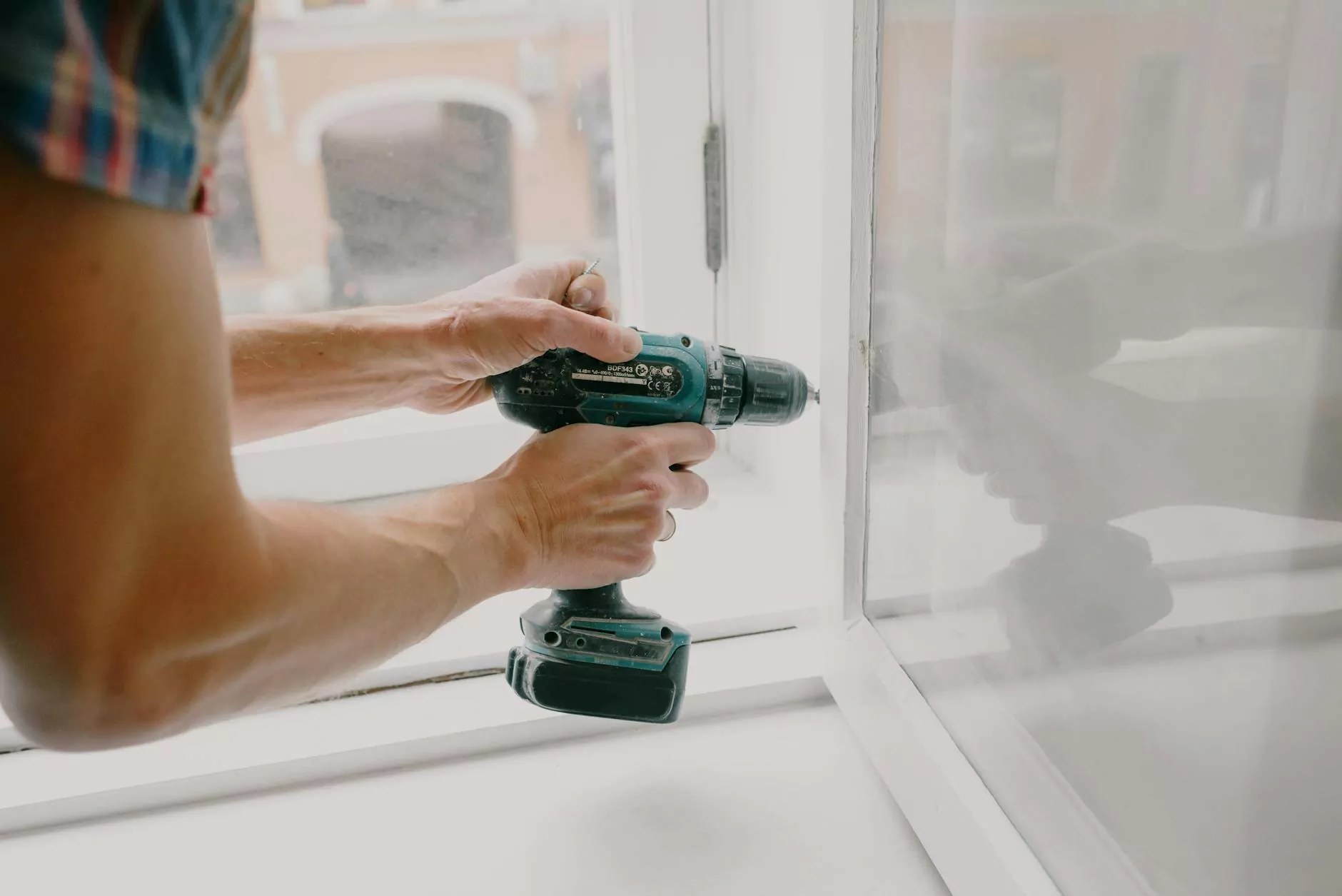Understanding and Maintaining Your House Breaker Box

The house breaker box is an essential component of any residential electrical system. It acts as the central distribution point for electrical power throughout your home, ensuring that all your electrical devices and systems receive the right amount of power safely. In this comprehensive guide, we will explore everything you need to know about breaker boxes, their importance, how to maintain them, and when to consult a professional electrician.
What is a House Breaker Box?
A house breaker box, also known as a service panel or circuit breaker panel, is an electrical box that contains circuit breakers or fuses. It receives electricity from the utility company and distributes it to various circuits throughout your home. Each circuit is connected to specific areas or appliances in your residence, allowing for organized and safe management of electrical power.
The Importance of a House Breaker Box
The importance of a house breaker box cannot be overstated. Here are some key reasons why it is critical for your home:
- Safety: The breaker box protects your home from electrical overloads and potential fires. In case of an overload, the circuit breaker will trip, cutting off the electricity to that specific circuit.
- Convenience: Having a properly functioning breaker box allows you to easily manage your home's electrical systems. If a breaker trips, you can quickly reset it without needing to call an electrician.
- Efficiency: A well-maintained breaker box ensures that electricity is efficiently distributed throughout your home, reducing energy waste and potentially lowering your energy bills.
- Upgrades: Modern breaker boxes can accommodate additional circuits or upgrades, providing flexibility as your electrical needs change.
Types of House Breaker Boxes
There are primarily two types of breaker boxes used in residential homes:
1. Standard Breaker Boxes
These traditional breaker boxes use individual circuit breakers for each circuit. They are common in many homes and can be easily reset after tripping.
2. GFCI and AFCI Breaker Boxes
Ground Fault Circuit Interrupters (GFCI) and Arc Fault Circuit Interrupters (AFCI) are specialized types of breakers designed to enhance safety:
- GFCIs: These breakers monitor the amount of current flowing in a circuit. If they detect a ground fault, they will trip to prevent electric shock.
- AFCIs: These breakers are designed to prevent electrical fires by detecting arcs in the electrical current.
Identifying Issues with Your House Breaker Box
Recognizing potential problems with your house breaker box early on can save you from more significant issues down the road. Here are some signs to watch for:
- Frequent Tripping: If your breakers are tripping often, it could indicate an overload, a short circuit, or faulty wiring.
- Burning Smell: A burning smell coming from your breaker box can signal overheating components or wiring issues, requiring immediate attention.
- Discolored Breakers: Any discoloration on the breakers or the panel itself may indicate overheating and potential failure.
- Noise: Unusual sounds such as buzzing or crackling can indicate a problem with the breakers or the electrical system.
Maintenance Tips for Your House Breaker Box
To ensure your house breaker box functions optimally, regular maintenance is essential. Here are some tips:
1. Regular Inspections
Schedule regular inspections with a licensed electrician to check for any signs of wear, damage, or necessary upgrades.
2. Keep it Dry
Moisture can damage electrical components. Keep the area around your breaker box clean and dry. Ensure that there are no water leaks close to the panel.
3. Label Breaker Circuits
Labeling each circuit breaker can help you quickly identify which breaker corresponds to which part of your home. This can be invaluable in emergencies.
When to Call a Professional Electrician
While some maintenance tasks can be performed by homeowners, certain situations require the expertise of a professional. You should call a qualified electrician if:
- You are unsure about the problem: If you notice any signs of trouble but cannot diagnose the issue, it's best to consult a professional.
- Upgrading your system: If you're planning to add new circuits or appliances, an electrician can ensure that your breaker box can handle the additional load.
- Code violations: If your breaker box is too old or does not comply with current electrical codes, it may need to be replaced or upgraded to ensure safety.
Choosing the Right Contractor for Your Breaker Box Needs
Selecting the right contractor for your house breaker box needs is crucial. Here are some tips to find a reputable electrician in your area:
- Check Credentials: Ensure that the electrician is licensed and insured. This protects you in case of accidents during the job.
- Experience Matters: Look for contractors with extensive experience in handling breaker boxes and related electrical work.
- Read Reviews: Customer reviews can provide insight into the quality and reliability of the contractor's work.
- Get Multiple Quotes: Comparing quotes from different electricians can help you find a fair price and understanding of the services provided.
Conclusion
Your house breaker box is an indispensable part of your home’s electrical system. Understanding its function, maintaining it properly, and knowing when to call in a professional can enhance the safety and efficiency of your electrical setup. Regular inspections and proactive maintenance of your breaker box can save you from unexpected electrical issues and ensure that your home is powered safely and effectively. For any electrical needs, consider reaching out to experts in the field. A reliable service like Wall's Electrical can provide you with the support you need to keep your electrical systems in top shape.









